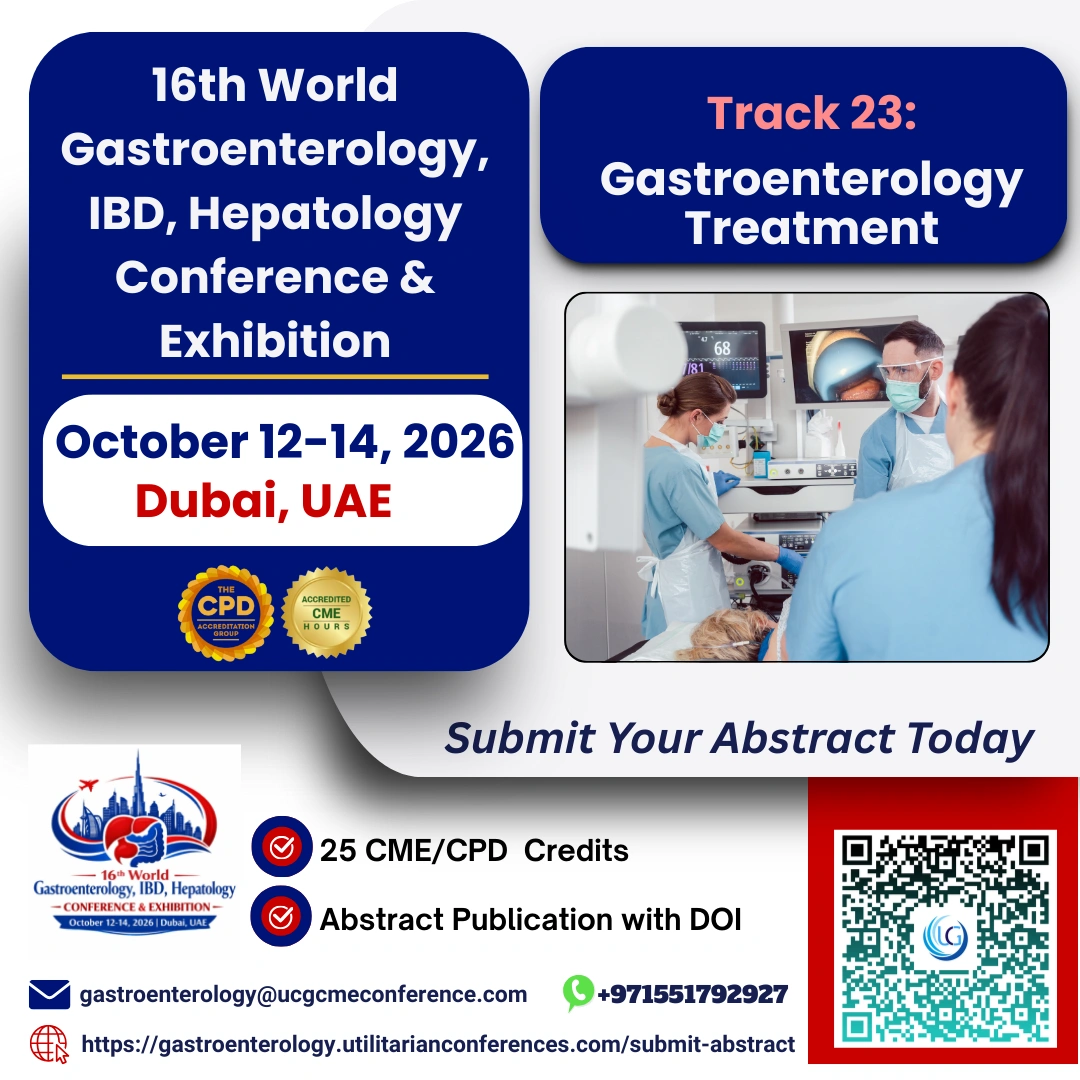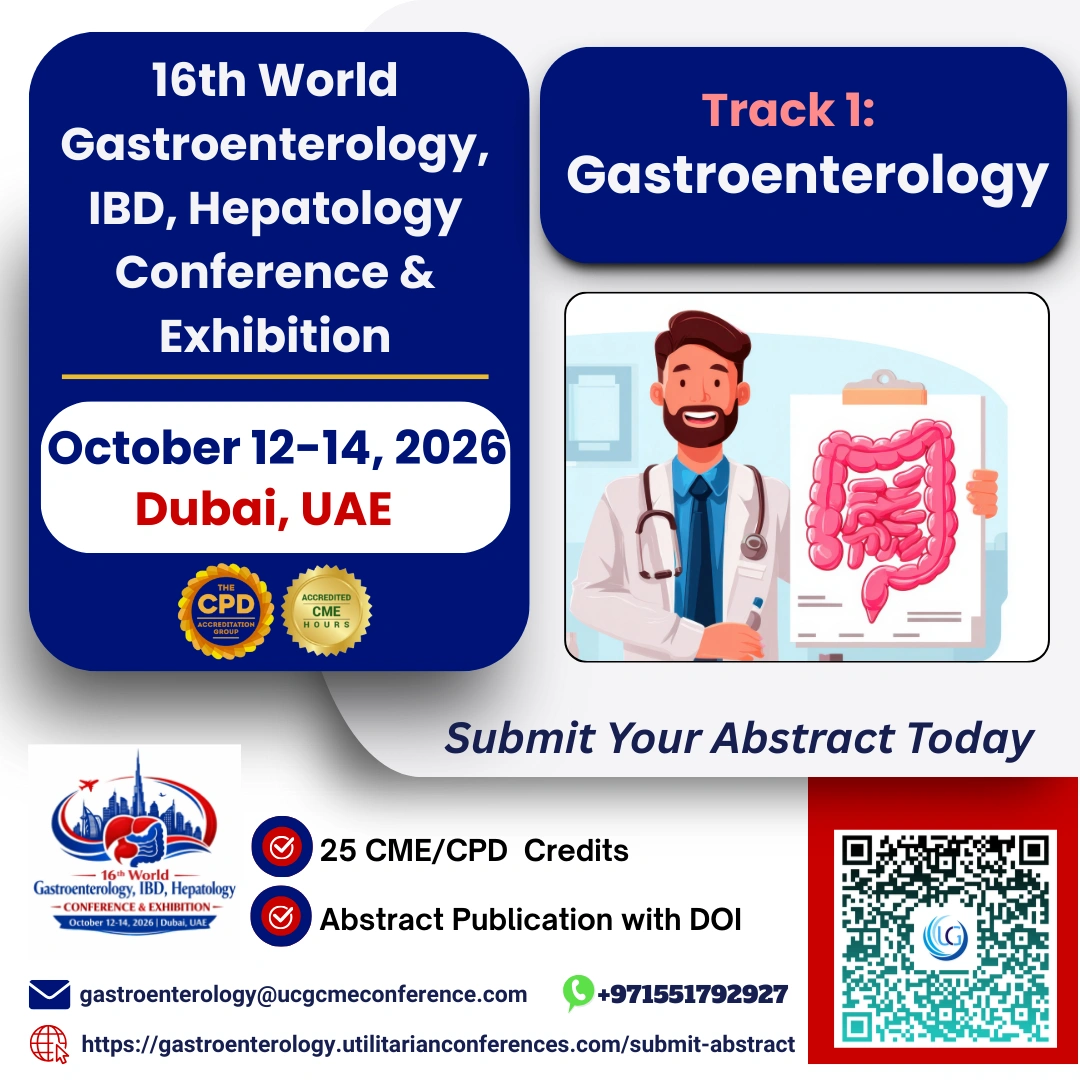



Gastroenterology is the study of the normal function and diseases of the...

What is Hepatology?
Hepatology is a specialized branch of medicine focused...

Introduction to Gastroenterology Treatment:
Gastroenterology, a branch of medicine dedicated to the
study and management of disorders affecting the digestive system, encompasses a
wide array of conditions that can significantly impact a person's health and
quality of life. From the esophagus to the rectum, and including organs like
the liver and pancreas, gastroenterologists specialize in diagnosing and
treating a diverse range of gastrointestinal (GI) ailments.
The field of gastroenterology addresses conditions ranging
from common issues like acid reflux and irritable bowel syndrome to more
complex disorders such as inflammatory bowel disease and liver cirrhosis. The
treatment approaches in gastroenterology are as varied as the conditions
themselves, often involving a combination of medical management, lifestyle
modifications, dietary changes, and in some cases, surgical intervention.
Key Components of Gastroenterology Treatment:
Diagnostic Procedures: Gastroenterologists employ various
diagnostic tools and procedures to identify and understand the nature of
gastrointestinal disorders. These may include endoscopy (such as upper
endoscopy, colonoscopy, and sigmoidoscopy), imaging studies like CT scans and
MRI, laboratory tests, and biopsies.
Medications: Pharmacotherapy plays a crucial role in
managing gastrointestinal conditions. Depending on the diagnosis, patients may
be prescribed medications such as proton pump inhibitors (PPIs) for acid
reflux, immunosuppressants for inflammatory bowel disease, antibiotics for
infections like H. pylori, and others tailored to the specific needs of the
patient.
Lifestyle Modifications: Many gastrointestinal conditions
respond well to lifestyle changes. Gastroenterologists often advise patients to
make adjustments in their diet, exercise routine, stress management techniques,
and habits like smoking and alcohol consumption to help alleviate symptoms and
improve overall digestive health.
Nutritional Therapy: Nutrition plays a pivotal role in the
management of gastrointestinal disorders. Patients may receive guidance on
dietary modifications, including adherence to specialized diets like low-FODMAP
for irritable bowel syndrome or gluten-free for celiac disease. In some cases,
nutritional supplements may be recommended to address deficiencies or support
healing.
Surgical Interventions: For certain gastrointestinal
conditions, surgical intervention may be necessary. Procedures range from
minimally invasive techniques like laparoscopy to more extensive surgeries such
as bowel resection, gallbladder removal, or liver transplant, depending on the
underlying pathology and the patient's clinical status.
Long-term Management and Monitoring: Gastrointestinal disorders
often require ongoing management and monitoring to optimize outcomes and
prevent complications. Patients may undergo regular follow-up appointments,
surveillance endoscopies, imaging studies, and laboratory tests to assess
treatment response and disease progression.
Gastroenterology Treatment
Gastroenterology encompasses the diagnosis and treatment of
disorders related to the digestive system, including the esophagus, stomach,
small intestine, large intestine (colon), liver, gallbladder, and pancreas.
Treatment approaches in gastroenterology depend on the specific condition or
disease being addressed. Here are some common treatments for various
gastroenterological conditions:
1. Gastroesophageal Reflux Disease (GERD):
Lifestyle modifications: Dietary
changes, weight loss, avoiding triggering foods.
Medications: Proton pump
inhibitors (PPIs), H2-receptor antagonists, antacids.
Surgery: Fundoplication (to
reinforce the lower esophageal sphincter).
2. Peptic Ulcer Disease:
Medications: Proton pump
inhibitors (PPIs), antibiotics (if caused by H. pylori infection).
Avoiding NSAIDs (Nonsteroidal
anti-inflammatory drugs).
Lifestyle modifications: Reducing
stress, avoiding smoking and alcohol.
3. Inflammatory Bowel Disease (Crohn's Disease, Ulcerative
Colitis):
Medications: Amino salicylates,
corticosteroids, immunomodulators, biologic agents (e.g., infliximab,
adalimumab).
Nutritional therapy.
Surgery: Resection of affected
bowel segments, ostomy creation.
4. Irritable Bowel Syndrome (IBS):
Dietary modifications: Low-FODMAP
diet, fiber supplements.
Medications: Antispasmodics,
antidiarrheals, antidepressants (for symptom management).
5. Celiac Disease:
Strict gluten-free diet.
Nutritional supplementation (to
address deficiencies).
Medications (if necessary for
symptom management).
6. Liver Disease:
Alcohol cessation (for alcoholic
liver disease).
Medications: Depending on the
type of liver disease, medications may include antivirals (for viral
hepatitis), corticosteroids, immunosuppressants, etc.
Liver transplant (for end-stage
liver disease).
7. Gallstones:
Cholecystectomy (surgical removal
of the gallbladder).
Medications (to dissolve
gallstones in some cases).
8. Pancreatitis:
Hospitalization (for severe
cases).
NPO (nothing by mouth) status and
intravenous fluids.
Pain management.
Nutritional support.
Identification and treatment of
underlying causes (e.g., alcohol cessation, gallstone removal).
9. Colon Polyps and Colorectal Cancer:
Colonoscopy for polyp removal and
screening.
Surgery for cancer treatment,
often followed by chemotherapy and/or radiation therapy.
Treatment plans are tailored to individual patients and may
involve a combination of lifestyle modifications, medications, procedures, and
surgeries. It's essential to consult with a gastroenterologist for proper
diagnosis and treatment recommendations tailored to your specific condition.
Conclusion:
In conclusion, gastroenterology treatment encompasses a
comprehensive approach to managing a diverse range of disorders affecting the
digestive system. From common conditions like acid reflux and irritable bowel
syndrome to more complex diseases such as inflammatory bowel disease and liver
cirrhosis, gastroenterologists play a pivotal role in diagnosing, treating, and
supporting patients through their healthcare journey.
The treatment landscape in gastroenterology is multifaceted,
incorporating diagnostic procedures, medications, lifestyle modifications,
nutritional therapy, surgical interventions, and long-term management
strategies. Through a combination of medical expertise, patient education, and
personalized care plans, gastroenterologists strive to optimize outcomes,
alleviate symptoms, and enhance the overall quality of life for individuals
affected by gastrointestinal disorders.
Furthermore, ongoing research and advancements in
gastroenterology continue to expand treatment options, improve diagnostic
accuracy, and refine therapeutic approaches, offering hope for better outcomes
and enhanced patient care in the future.
Ultimately, effective gastroenterology treatment requires collaboration between healthcare providers and patients, emphasizing the importance of open communication, shared decision-making, and proactive management of digestive health concerns. By working together, patients and gastroenterologists can navigate the complexities of gastrointestinal disorders, empower individuals to take control of their health, and foster a pathway toward improved well-being and vitality.
Sub Track: Dietary Changes, GERD, IBD, Smoking and Alcohol Cessation, Antispasmodics, Biologics, Liver Transplant, Percutaneous Transhepatic Cholangiography, Ablation and Embolization, Total Parenteral Nutrition, Enteral Nutrition, Herbal Supplements, clinical research, hepatology, transplant hepatology, irritable bowel disease, motility, translational medicine, interventional endoscopy